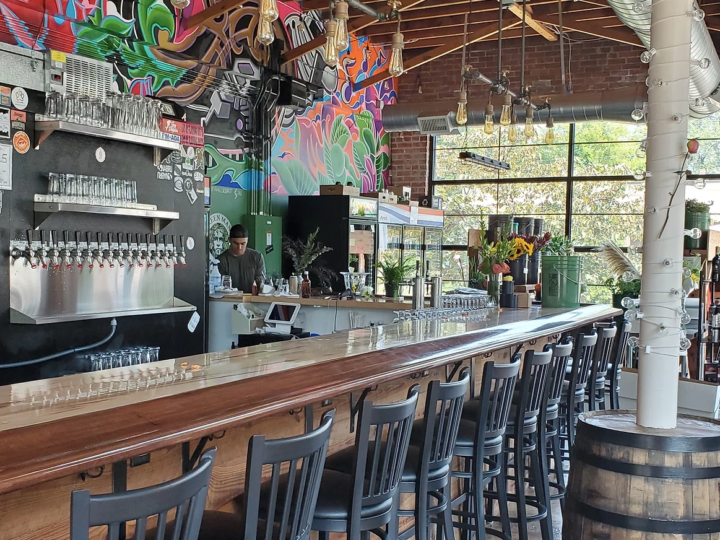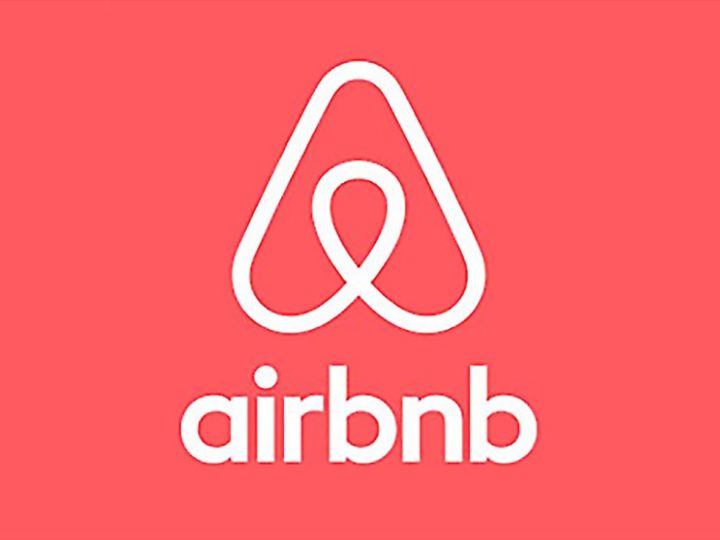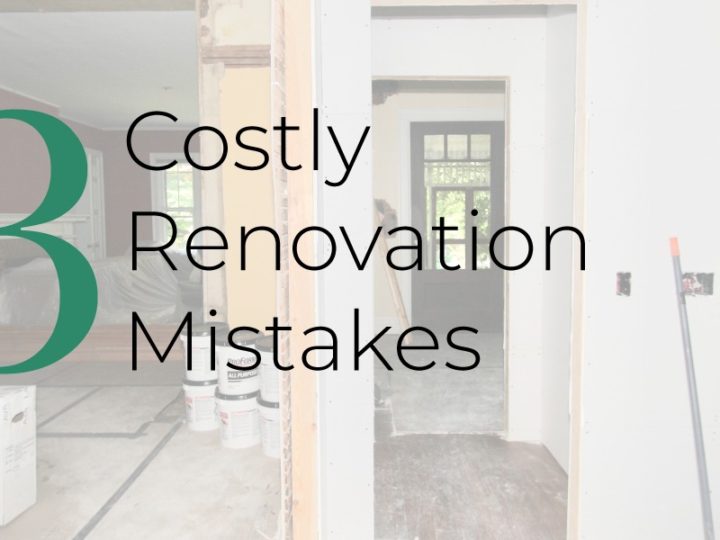Fixer upper… such a cute phrase masking, what could be, and often time is, a daunting task.
Look, I know you have probably seen the TV show Fixer Upper, just like everyone else. It’s a perfectly fine way to spend time watching TV. In one hour, actually more like 50 minutes with commercial breaks, we watch a magical transformation for like, $30k.
What is a “budget” on this show? Is it what the buyer is approved for via a lender? Is it an all cash budget? Because all of these questions are pretty key for a “Fixer-upper” in real life.
Working with buyer clients and talking about the reality of purchasing a home that you know needs work has proven to me that I need to talk about this more so that you truly understand this buying scenario, what a buyer’s options are and a more realistic cost structure.
My associate and I recently held some classes covering most common buying scenarios. Of all of the possibilities, the fixer-upper is THE most mis-understood.
I have purchased fixer-uppers for the last 15 years of my life, and I can honestly tell you that each time has been a different buying and renovation budget situation.
According to experts, in order to ensure a good investment, the price you pay for a fixer upper investment property should be 10-20% lower than the market value.
The first home I purchased was a 100-year-old home with water issues in Seattle (that’s not a good place to have water issues). I was approved for a loan and went out shopping for a house that matched that budget. I didn’t even think about a renovation loan. I purchased the house and my boyfriend became my contractor. We did a lot ourselves made a lot of mistakes (including the fact we didn’t pull permits (don’t call the cops)). We somehow came through with a pretty good product, but mostly learned how NOT to do a fixer upper.
Now that I’m older, wiser and way more risk averse, my fixer-uppers are done ideally as a cash purchase with cash renovations. My second choice is a loan purchase with cash renovations. A loan purchase and a loan for renovations is a distant 3rd option. Of course, there is an ocean to discuss under each of these scenarios.
Make sure to include these factors into your decision to see if it’s really the right opportunity for you.
- #1 Location, Location, Location.
- #2 Price the Cost of Renovations Before You Make an Offer.
- #3 Check Permit Costs.
- #4 Plan for at least one budget-buster by adding an extra 12% to your renovation estimate.
Being knowledgeable about how to purchase and go forward with a fixer-upper will determine your measure of success and save you from a lot of heartache.
It’s a bad idea to buy a fixer-upper thinking it’s going to be as inexpensive, fast, and smooth as it is on TV (I mean, really, even the ‘drama’ on the show is minor compared to what can happen in real life)
I encourage you to talk to me before you jump into a fixer upper. Let’s connect!






